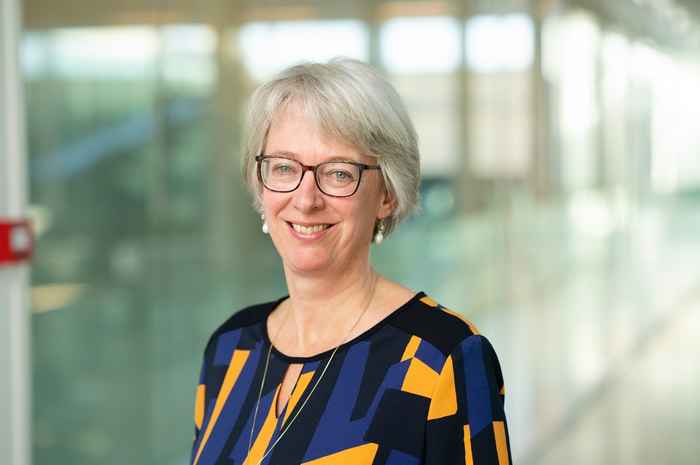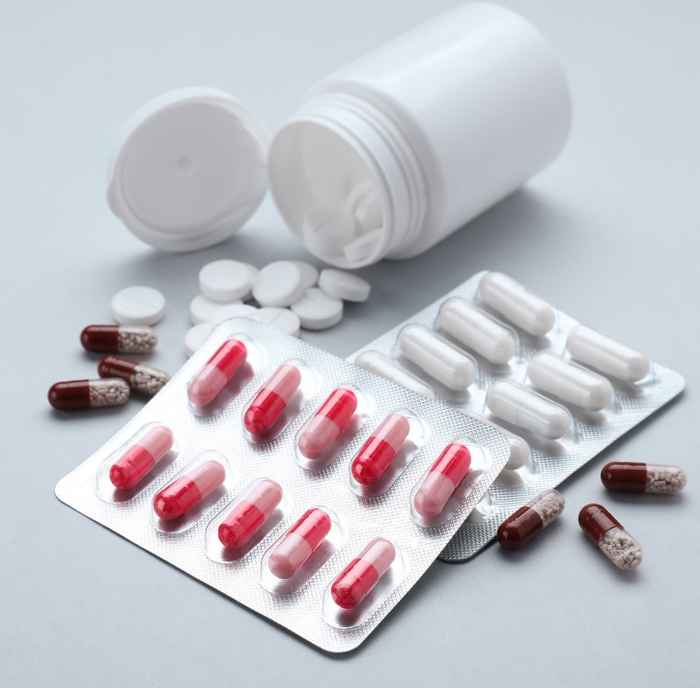How we can improve our poor water quality
4 November 2024

The Netherlands is known worldwide as a leader in water technology. Due to its unique geographical location, there’s also a lot of expertise in the field of water management. However, recent reports, for example from the Water Framework Directive, show that the water quality in the Netherlands is downright poor. It’s even the worst in Europe. This is mainly due to the exceedance of standards for chemical substances and the poor ecological quality of the water. This poses a threat to both ecosystems and human health.
Annemarie van Wezel, professor of Environmental Ecology and scientific director of the UvA Institute for Biodiversity and Ecosystem Dynamics (IBED), is a leading Dutch scientist in the field of water quality. Van Wezel: ‘The Netherlands is a small and densely populated country, which means we face many environmental problems. At the same time, we’re well connected and often innovative in our solutions.’
Chemical substances in our water
Our waters contain chemical substances with negative effects on the environment and humans. Van Wezel: ‘I mainly focus on ways to reduce the negative effects of these substances, for example by smarter substance design or by adjusting regulations.’

Some of the chemical substances in groundwater stem from psychotropic drugs, such as antidepressants. After use, residues of these substances end up in the groundwater via the sewage system, and not much is known about their effect on the aquatic environment. Van Wezel is therefore involved in research into the risks of psychotropic drugs in water. The researchers can measure the residual substances that end up in the water very precisely, and draw conclusions from this about, among other things, the toxicity and origin of these substances.
Our waters also contain PFAS and nanoplastics. Both groups of substances are nowadays everywhere and are potentially harmful to humans and nature. Van Wezel supervises researchers who mainly focus on measuring these particles. For nanoplastics, for example, new technologies are being explored to measure the size and type of plastic, while for PFAS the concentrations in the environment are being investigated.
Accelerating research
Despite this type of research, very little is still known about the effects of various chemical substances on groundwater. Van Wezel: ‘We still know very little about the toxicology and behaviour in the environment of most of the substances that we use as a society. That’s why we often apply high uncertainty factors in risk assessment; “better safe than sorry”.’
However, it does happen that a chemical substance is brought onto the market and later turns out to be more harmful than initially estimated, as was the case with PFAS. Van Wezel: ‘Of course you want to prevent that as much as possible, but at the same time you also want to benefit from the advantages that chemistry can offer.’
Through automation, we can determine the environmental effects of substances much faster. Van Wezel is therefore enthusiastic about the possibilities that automation can offer in her field. For example, researchers could explore more possibilities in the future, allowing them to better assess the advantages and disadvantages of chemical substances.
Bringing it to society
With her research, Van Wezel mainly wants to contribute to a healthier living environment. ‘I am driven by scientific curiosity, but certainly also by the application of our knowledge for the benefit of a healthy living environment for both people and nature. Not only here, but also on the other side of the world.’ She hopes that her research will lead to better technologies to detect environmental problems in a timely manner and to better assess risks.
According to Van Wezel, it's challenging to ultimately translate the complex data into understandable information. ‘You start with a simple question, but the intermediate result often consists of a lot of complex data. Then you have to simplify that information again, so that the newspaper reader, the end user and the policy maker can understand it.’ Because ultimately, society can only experience the benefits of this if the new technologies are actually applied. In this way, the Netherlands could also become a leader in the field of water quality.